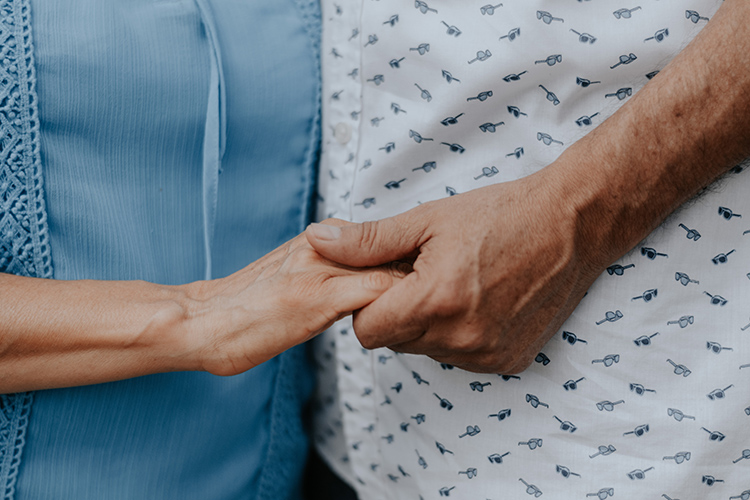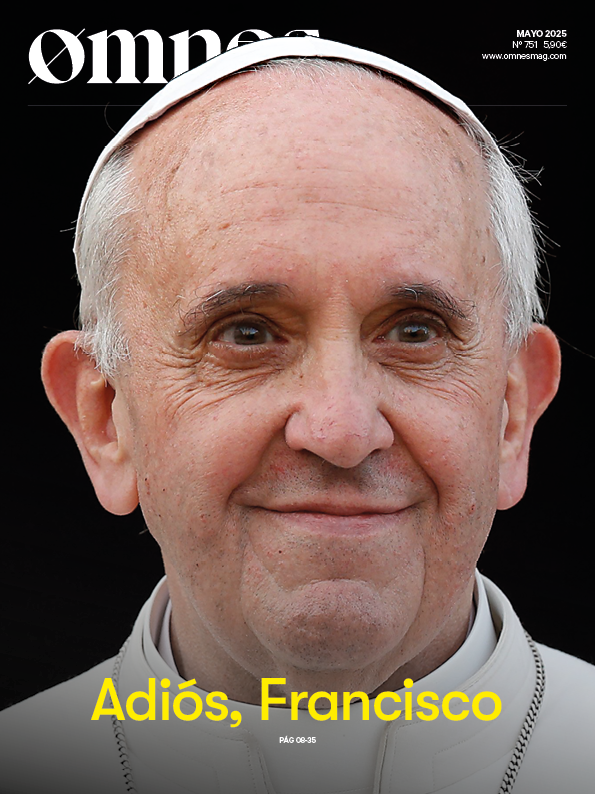It was February 11, 2019, feast of Our Lady of Lourdes, a day that the Church dedicates in a special way to care and prayer for the sick. On that date, a bill on euthanasia, promoted by the current government, was presented and approved in the Spanish Parliament.
Most were probably oblivious to what was coming. A law that sought to give the green light to conduct aimed at ending the life of a person with a serious or irreversible illness, for "compassionate" reasons and in a medical context.. This is how the Spanish Society of Palliative Care defines euthanasia. What was beginning to take shape was what very few countries in the world have approved: Holland, Belgium, recently Canada....
In the Netherlands, for example, nearly 5 percent of deaths in 2018 were due to euthanasia, reported the Holy See's delegate to the World Medical Association (WMA), Pablo Requena, in a ForumWord. The extension of euthanasia in the Netherlands, once it has been legalized, has grown to such an extent that some physicians and other experts, such as the Protestant theologian and bioethicist Theo Boer, have ended up opposing these policies, and have stated that "A considerable number of people already consider euthanasia as the only good death. Nor has another objective of the law been achieved, to bring to light the cases that occurred in the gray zones. There are still thousands of cases of termination of life-some even without prior request-that are neither declared nor evaluated by the committees. I think we have seen that supply creates demand."
In the Netherlands "charity has disappeared", y "the law has effects on the whole society", "in 20 years you will be like in Holland", said Theo Boer in Alpha and Omega. Another interesting case is that of Dr. Berna van Baarsen, a specialist in medical ethics, who resigned from one of the five regional evaluation committees to oversee euthanasia in the Netherlands, says Tomás Chivato Pérez, dean of the Faculty of Medicine at CEU San Pablo University.
Sliding slope
Professor Chivato Pérez has called the Dutch experience with euthanasia as that of a "slippery slope". In other words, euthanasia is first decriminalized for incurable diseases; then for chronic diseases with intractable pain; then for mental illnesses, and now they are studying its application to healthy people over 70 years of age who request it.
Demand to be helped
Now, after nearly two years, the bill may become law, and it seems appropriate to know both the main arguments put forward by the promoters of euthanasia and assisted suicide, as well as the attitude of Christians to pain and suffering.
In November 2019, the Episcopal Subcommission for the Family and the Defense of Life of the Spanish Episcopal Conference (CEE) published the document. Sowers of hope. Welcoming, protecting and accompanying in the final stage of this life. The text, elaborated with a pedagogy of questions and answers, was presented by the then Bishop of Bilbao and president of the Episcopal Subcommission for the Family and Defense of Life, Msgr. Mario Iceta, the physician Jacinto Bátiz, who has been in charge of the Palliative Care Unit of the San Juan de Dios Hospital in Santurce (Vizcaya) for more than 25 years, and the nurse Encarnación Isabel Pérez.
Monsignor Iceta recalled that "The relationship between the patient and the health professionals is based on trust", and stressed that "There is no demand to die, there is a demand to be helped. The human being has been created to be happy, therefore, to refuse pain is fair and not reprehensible. Nowadays medicine offers a good therapeutic arsenal for suffering".
He then stressed the importance of "palliative medicine in the face of terminal illness".because, as stated by Dr. Jacinto Bátiz, who now directs the Instituto para Cuidar Mejor, "Palliative medicine eliminates the suffering of the sufferer, (while) euthanasia eliminates the person who suffers" (El Debate de hoy)
The document Sowers of hope, by its nature "vital", is not a document dedicated only to the ethical condemnation of euthanasia, "It shows that the Christian faith is capable of illuminating the final moments of earthly life. In this sense, it is a profoundly optimistic document."Iceta concluded.
Responses
The main postulates that are used to promote euthanasia and assisted suicide, according to Sowers of hopeare four: unbearable suffering, compassion, dignified death and the concept of absolute autonomy.
Ante unbearable sufferingThe solution is palliative care, because it is the duty of physicians and healthcare personnel to alleviate the patient's suffering and pain, the text states.
Compassion. As Dr. Bátiz pointed out, the most humane thing to do is not to provoke death, but to welcome the patient and support him or her in times of difficulty, providing the necessary means to alleviate suffering and suppress pain, not the patient, as euthanasia claims.
Death with dignity refers to the concept of freedom (I die when I want to) and quality of life. In reality, a person's life has dignity because he or she is a person, and not because of the quality of his or her life.
Absolute autonomy. The dignity of the person cannot be conceived only from the point of view of autonomy, because then human beings who do not have autonomy (children, the mentally handicapped, coma patients...) will not have dignity. Autonomy is not absolute, and finds its limitations in the disease itself, in medication and in other situations of the patient's life.








